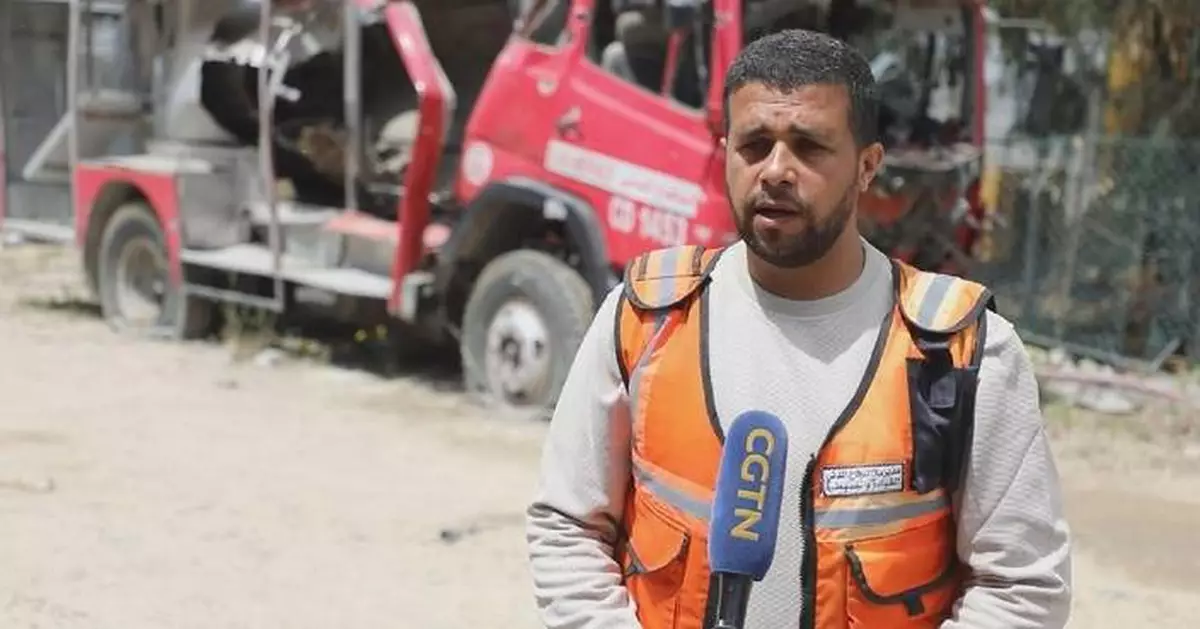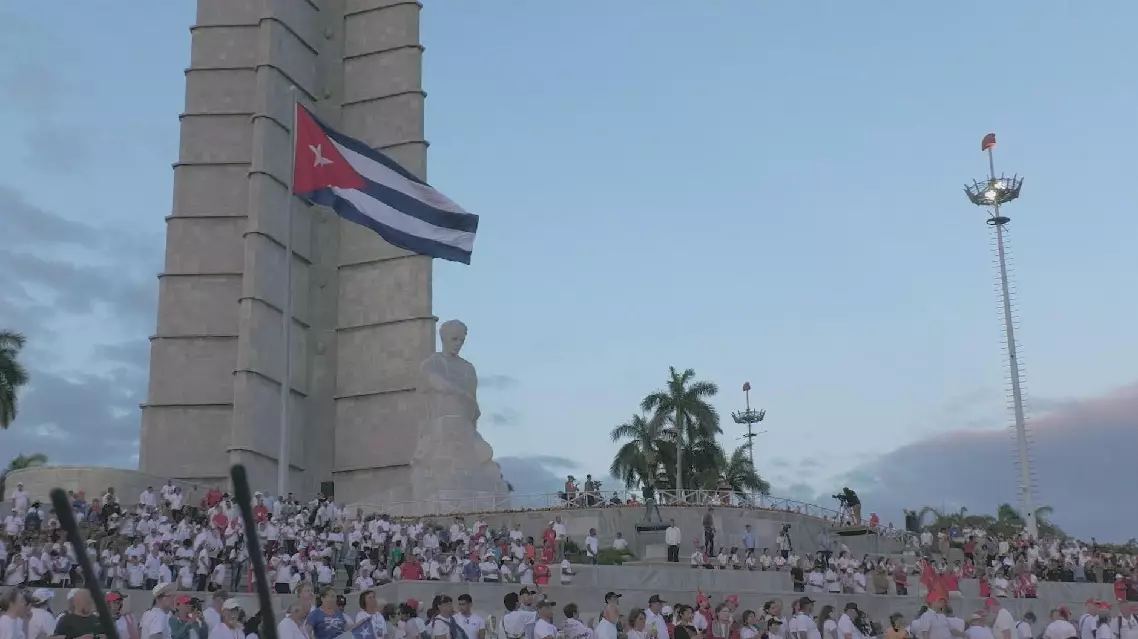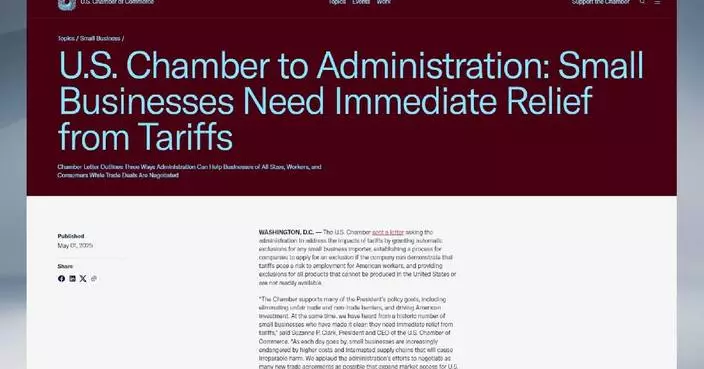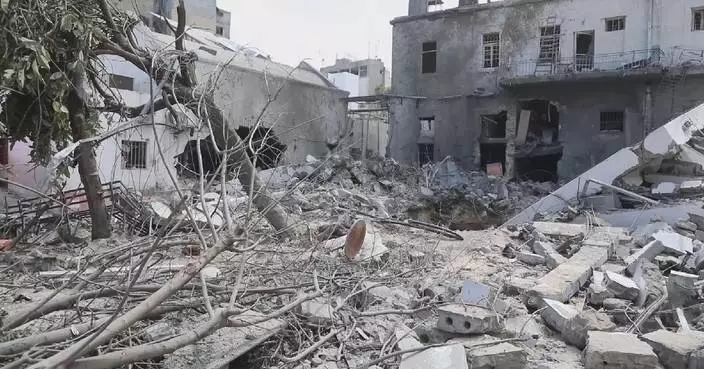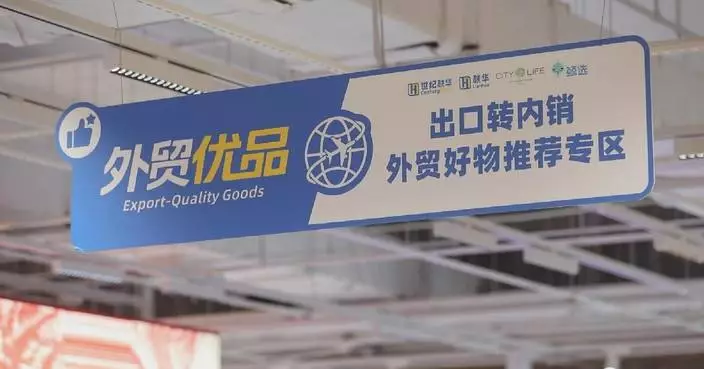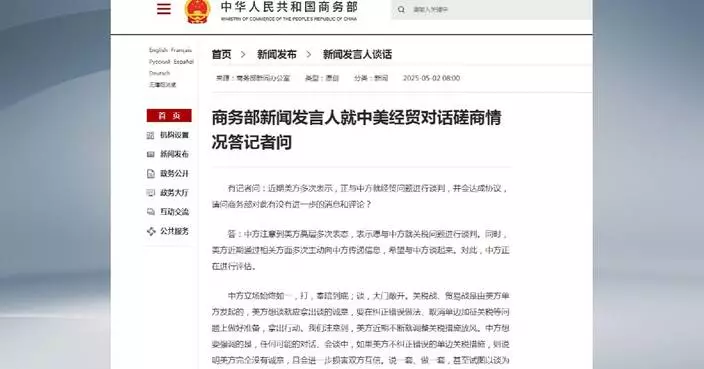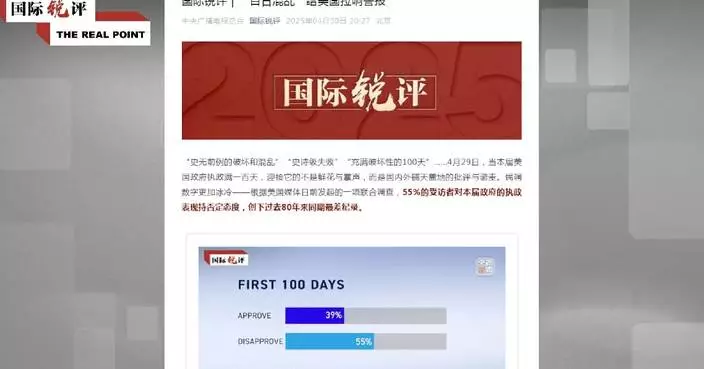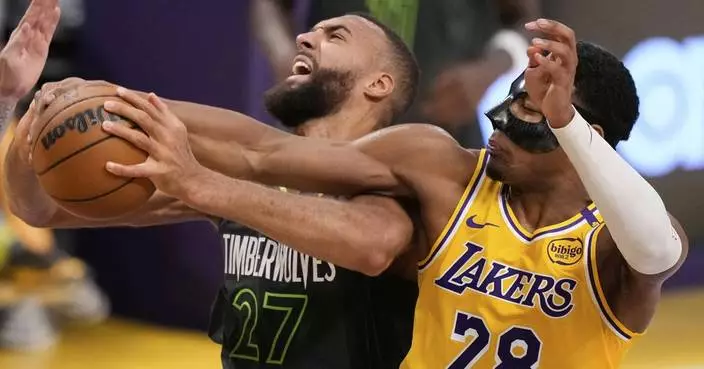Family members and colleagues of the 15 emergency responders killed in an Israeli ambush in Gaza last month are speaking out, sharing harrowing accounts of the attack that has sparked international outrage and calls for an independent investigation. Their testimonies reveal the horror of that day and the ongoing struggle for accountability.
On March 23, an ambulance convoy departed from Khan Younis towards Rafah in southern Gaza, following evacuation orders issued by the Israeli military. The mission was to rescue civilians trapped under bombardment, but the convoy never reached its intended destination.
Mahmoud Basal, spokesman for the Palestinian Civil Defense in Gaza described the ordeal: "We received a distress call from Rafah, specifically from the Barracks area in Tel al-Sultan, about an attack on Red Crescent teams. We coordinated and moved out as a convoy for the rescue."
The convoy moved under prior coordination. It was led by Palestinian Red Crescent Society ambulances with flashing emergency lights, followed by civil defense vehicles.
Dr. Bashar Murad, director of health programs at the Palestinian Red Crescent Society, said that no international body had informed them that the area was unsafe.
"We were not informed by any international body, such as the International Committee of the Red Cross (ICRC), World Health Organization (WHO), or the UN Office for the Coordination of Humanitarian Affairs (OCHA), that this area was unsafe," he said.
When the first medical team vanished without a trace, a second group of paramedics followed behind to see if they could help. Basal recounted the harrowing experience.
"After arriving, there was intense gunfire. We tried to reach our teams, but no one answered. We contacted the Red Crescent, who said their teams were also unresponsive. We began to suspect something terrible had happened," he said.
The last contact from the convoy came from paramedic Raed Al-Sharif who called his father Ibrahim Al-Sharif.
"On the last call we got from my son he said, 'We're all injured, help us.' After that, we heard nothing," he said.
Six days later, access to the site was granted. What rescuers found was a scene of total devastation.
"We arrived at around 05:00 in the morning and waited for a long time. We were shocked to see that the vehicles were destroyed, and the entire area had been bulldozed and flattened," Basal said.
With UN teams accompanying them, rescue workers began digging through the sand and unearthed the bodies of their colleagues from a mass grave. The remains of their vehicles, some crushed and buried, helped pinpoint their location.
All the bodies were eventually recovered from a mass grave alongside the twisted remains of their ambulances -- a chilling testament to the brutality they faced.
"It was a terrifying scene. A large pit with bodies inside. I saw some had their hands tied and some had their feet tied. One without a head. Another was stripped of his clothes," said Basal.
The families of the victims have endured unimaginable anguish -- the kind of pain that defies words. For some, the devastation was compounded by the unthinkable: their loved ones were so disfigured, they could no longer be recognized.
"They shot them in the head, then they buried them with bulldozers. They didn't even let us see them," said Al-Sharif.
The Palestinian Red Crescent Society had sent Israel information about the convoy and staff ahead of time for coordination and safety. These precautions were still not enough to protect the convoy from a brutal, unprovoked attack.
"We shared images of all our vehicles and uniforms through the ICRC. But that didn't spare our teams from being targeted. We are officially demanding -- through the UN Security Council -- a special investigation into the cold-blooded killings of our medical workers," said Murad.
Israel initially claimed its soldiers fired on unmarked, darkened vehicles, but later retracted this statement after video evidence showed clearly marked ambulances under fire. Israel says an investigation is underway but has not released any conclusive findings or taken accountability. It has denied allegations of deliberate targeting, stating that its troops acted in response to a perceived threat that Hamas was using ambulances for military purposes. Despite calls from the UN and other international organizations for an immediate and independent investigation, Israel has not agreed to any external probes.
Olga Cherevko, a spokesperson for OCHA in Gaza, highlighted the broader impact.
"This war is having a massive impact on civilians and aid workers. Just in the past year, as you know, it was the deadliest year on record for aid workers with over 400 aid workers killed," she said.
"International humanitarian law guarantees the protection of civilians, including international organization personnel, as well as workers in civil society, as long as they're not part of the conflict. These kind of attacks are impeding the ability to continue the humanitarian mission that is dedicated primarily to alleviate the suffering of the affected population by armed conflicts, and in many cases -- life-saving situations," added Hisham Muhanna, a spokesperson for the ICRC Gaza.
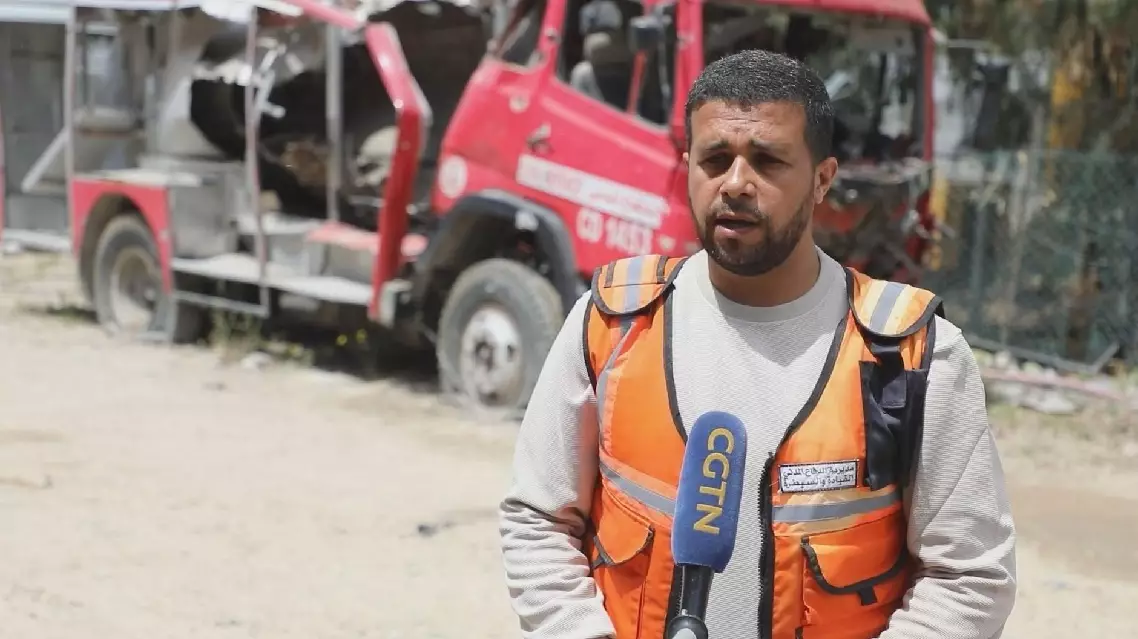
Gaza's emergency responders recall horrific Israeli ambush that claimed 15 lives


